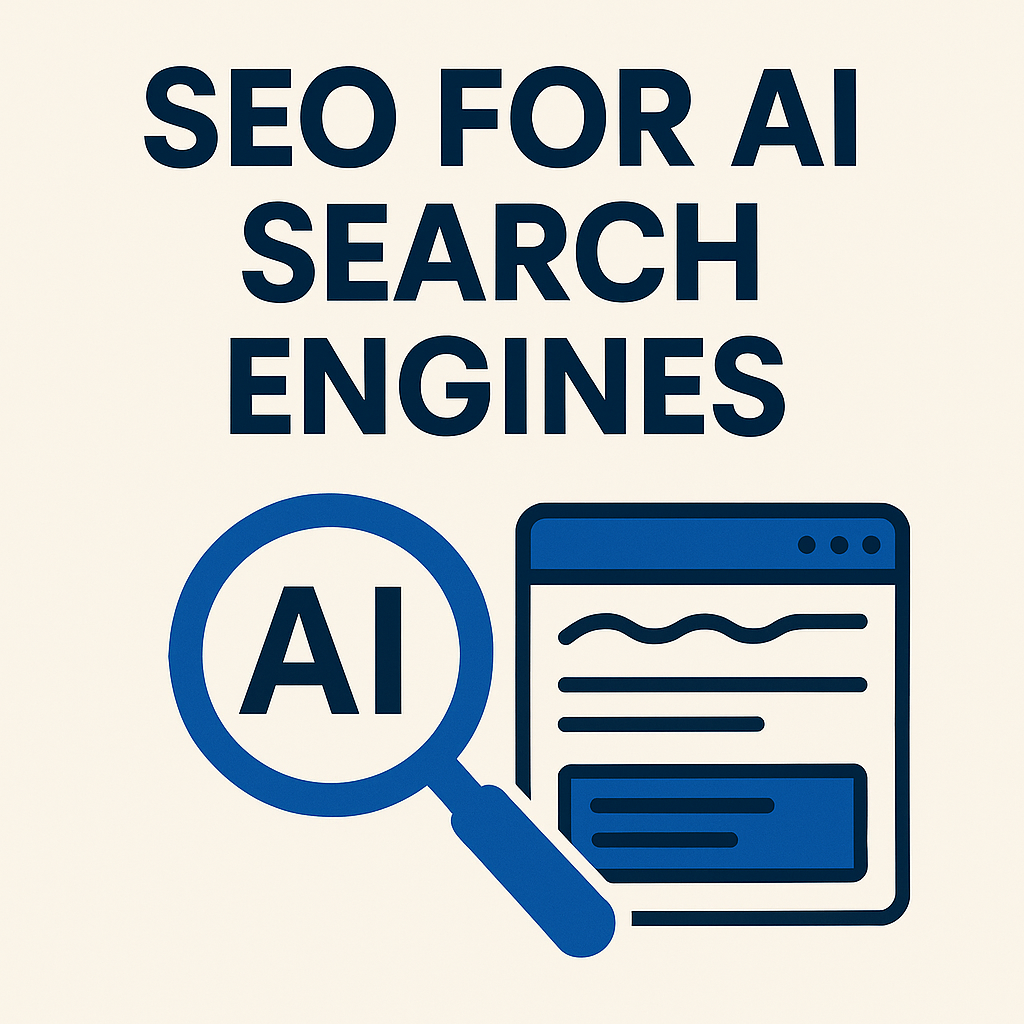
5 Onpage SEO Techniques that works
Website design enhancement essentially remains for Search Engine Optimization. This is the place you build your website pages and execute certain procedures to enable you to rank as high as possible on search engine result pages (SERPs). The higher your pages can rank on Google/Bing/Yahoo/and so forth comes about pages, the more visits your site is probably going to get.
Presently, SEO can be part up into two separate classes; On-Page SEO and Off-Page SEO.
On-Page SEO alludes to every one of the things that you can do ON your site to enable you to rank higher, for example, page titles, website structure, meta tags, images and so on.
Off-Page SEO alludes to every one of the things that you can do specifically OFF your site to enable you to rank higher, for example, social networking, article submission, link building and so forth.
In the present post we will take a look at On-Page SEO and the absolute most viable approaches to build your page rankings on web search tools.
On-Page Search Engine Optimisation
1. Page Titles
Your page titles are a standout amongst the most critical SEO factors on your site. Each of your pages and posts ought to have its own particular interesting title, which incorporates the primary keyword for that page.
2. URL Structure
Including search engine friendly URLs for each of your pages is highly recommended, as these bring better crawling. Shorter URLs seem to perform better in search engine results, however that is not the only factor.
URLs that include targeted keywords, also perform better. The location of these keywords can also be a major influence. For example example.com/category/keyword would perform better than example.com/8986/98786 etc.
3. Body Tags (H1, H2, H3, H4, etc.)
When creating your page content, you should separate your content into smaller paragraphs and sections to make it simpler for people to read. These areas can be given heading, which is the place H1, H2, H3, H4, and so on tags are utilized.
Ensure you compose keyword rich headings in the request of need in H1, H2 and H3 title labels. They are utilized by numerous crawlers to separate essential substance.
4. Keyword Density
Targeted Keywords placement is very important, as it helps search engines work out what your content is about. However, try not to excessively repeat keywords just for search engine robots. Try to keep your keyword density about 2-4%. In the event that you find this hard to maintain density, get out a thesaurus and widen your written work vocabulary.
5. Internal Linking
There are various diverse techniques that you can use to enhance your internal linking structure. Setting internal links to your other website pages, is an incredible method for enhancing your webpage and utilized appropriately, internal linking can be a valuable weapon in your SEO. Not exclusively does it make it considerably less demanding for your guests to explore around your site and discover the greater part of your content, however it likewise guarantees that your site’s majority of pages gets crawled by search engines.


